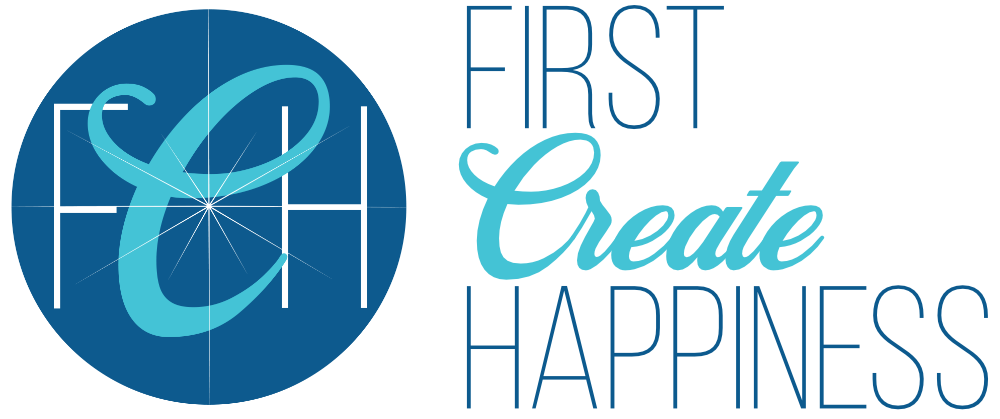Your Brain on Gratitude

Have you ever wondered how gratitude transforms not just your attitude, but your brain itself? Research shows that practicing gratitude goes deeper than just a warm fuzzy feeling—it actively reshapes how your brain functions and how you connect with the world.
Gratitude Makes You Happier
Multiple studies reveal a consistent finding: counting your blessings increases happiness and reduces depression. In one notable experiment, participants were divided into three groups:
- Those who wrote one gratitude letter per week,
- Those who wrote about negative experiences,
- And those who had no writing task.
The group writing gratitude letters consistently reported better mental health at both four‑week and twelve‑week follow‑ups.
Gratitude Triggers Brain Chemistry for Joy
Expressing gratitude doesn’t just feel good—it stimulates your brain’s reward center, releasing dopamine and serotonin—the neurotransmitters behind "feel‑good" sensations.
Further research shows these mood‑boosting effects can also lower stress hormones, helping your nervous system reset toward calm and clarity.
Gratitude Strengthens Social Bonds and Empathy
Gratitude isn’t just emotional—it’s socially transformative. It's tightly linked to empathy and prosocial behavior, encouraging us to recognize kindness and pay it forward.
Brain imaging studies highlight increased activation in the ventromedial prefrontal cortex—the brain region that processes reward and value—when grateful people give to others.
Gratitude Journaling Delivers Lasting Benefits
Gratitude journaling isn’t just a one-off boost—it’s a cumulative habit with long-term benefits. People who maintain daily or weekly gratitude journals experience:
- Greater optimism
- Better sleep
- Enhanced life satisfaction
- Increased sociability
And even improvements in physical health outcomes. Interestingly, weekly entries can sometimes deliver a bigger happiness jump than daily journaling, possibly because they retain novelty and impact.
Why It Matters for You
In short:
- Gratitude rewires your brain toward joy.
- It strengthens emotional resilience, tamping down negativity and building a habitual focus on the positive.
- Cultivates empathy and generosity, rewiring your social brain.
- Practical habits like journaling deliver ongoing rewards, mentally and physically.
Your Next Step
Want to try a small, science-backed gratitude habit?
Write down three things you’re grateful for each evening—or once a week. Brief, intentional, and powerful.
Over time, you may find your outlook, your mood, and even your relationships begin to shift in beautiful ways.
Image: Unsplash by Julien Tromeur

About the author
Cindi Bergen
As a child, Cindi believed in the magic of fairies — and as an adult, she never lost her ability to sense what’s unseen. Instead, she learned to translate it. What looks like magic to most isn’t an accident or a mystery… it’s the expression of universal principles most people never learned to read.
Through her own life experiences — from doubt to surrender, from stress to peace — Cindi became a bridge-builder between what the heart feels and what science proves. She intuitively translates deep spiritual insight into grounded understanding, and rigorous psychological research into actionable, heart-centered tools.
Her work is rooted in:
Cindi created the signature FLIP IT technique to help people shift out of negativity and into a positive perspective — not just temporarily, but in a way that becomes sustainable, embodied, and transformative.
She holds a master’s degree in Instructional and Performance Technology and has studied Appreciative Inquiry, a transformational change methodology grounded in psychology, sociology, and organizational behavior. Before dedicating her life to First Create Happiness, she spent years in training and development supporting Fortune 500 companies — helping people understand not just what to think, but how to think in ways that open possibility.
What she teaches isn’t about perfection. It’s about remembering who you truly are, reconnecting with your innate joy, and creating a life that reflects not just your desires — but your deepest self.
Cindi doesn’t ask you to believe blindly.
She invites you to experience what’s real.